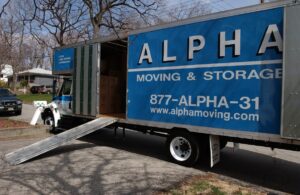You’ve accumulated a few good estimates from reliable and reputable NJ movers. Now the time comes to make your selection. How can you compare the different rates, charge units and terms that the various different movers offered you?
We’ll outline a few basic guidelines that will help you to make your decisions and compare the estimates you’ve received.
Comparing the Moving Prices
The most important thing about comparing prices is understanding that the total estimate price is much less important than the basic charge unit.
For local moves, the charge unit that movers use is normally the rate per hour. For long distance moves the charge unit that movers use is normally the rate per pound or cubic foot.
As local moves are charged for actual time and long distance moves are charged for actual weight or space, it is the charge unit itself that makes an estimate more or less expensive. Some movers intentionally lower the amount of hours or weight to make a high charge unit appear more attractive, so be sure to be weary of that and make your comparisons wisely.
Comparing Surcharges
The second thing that you should compare is the surcharges. Almost all moving service providers charge for packing and packing materials and some have other surcharges. Not taking those into account when comparing your estimates may prove to be a mistake. If a mover has higher than average packing fees then he may end up being more expensive even if its regular estimate appears to be lower.
Of course, all comparisons should be made only after you’ve verified the fact that you are dealing with a reputable and reliable mover. Also, such comparisons should also take place only after you’ve made sure that the estimate and all terms and conditions were understood and verified in writing.






